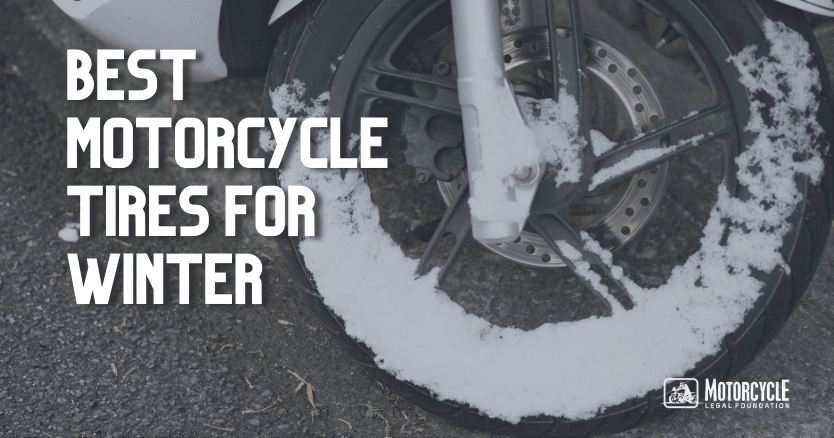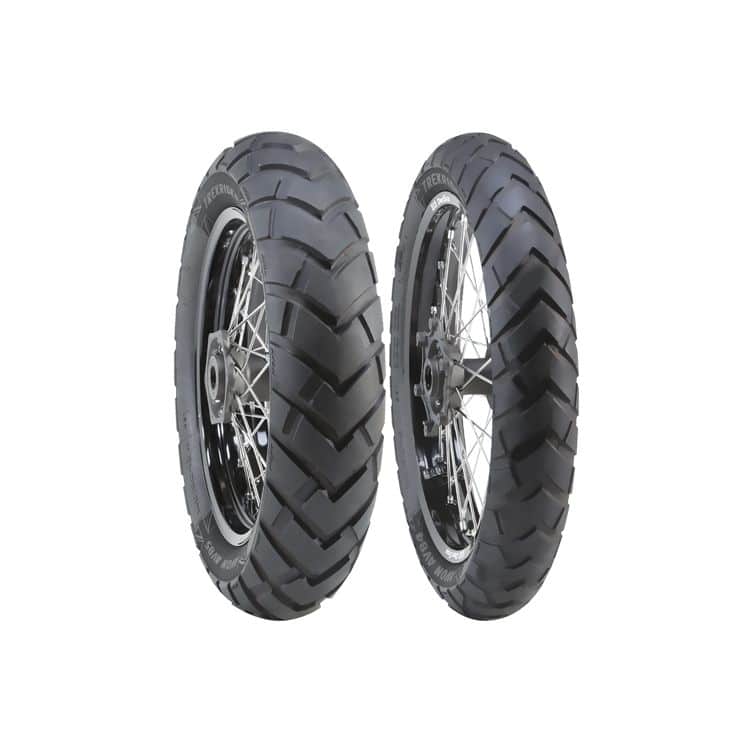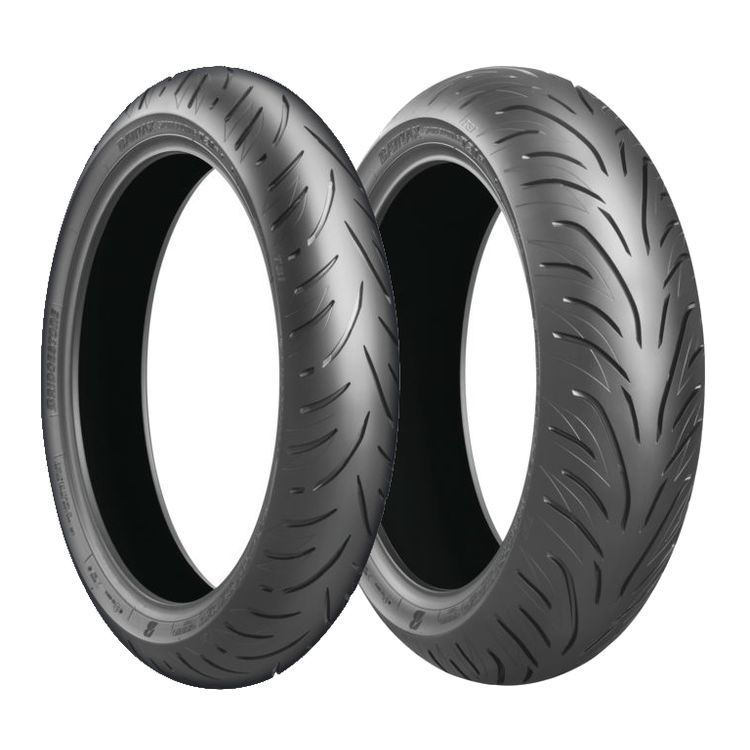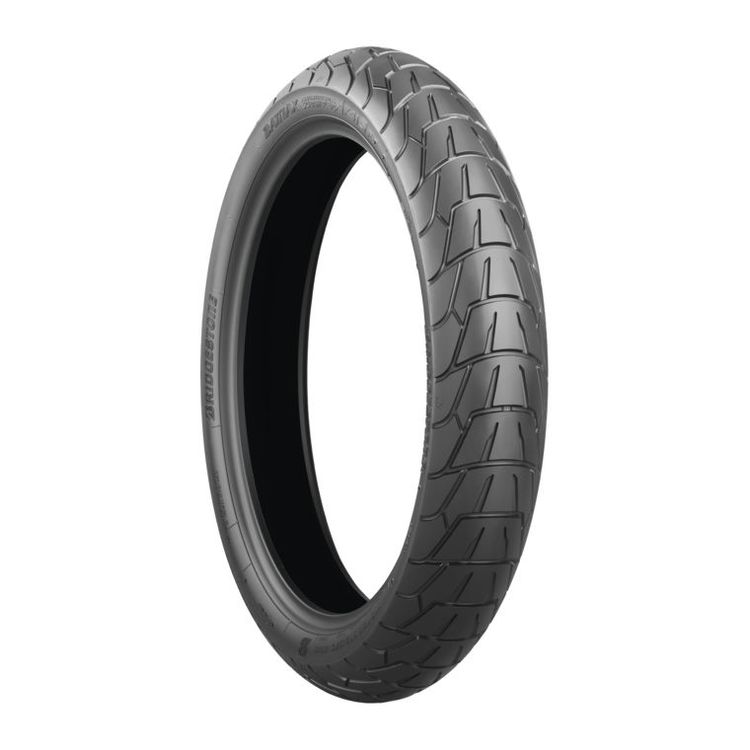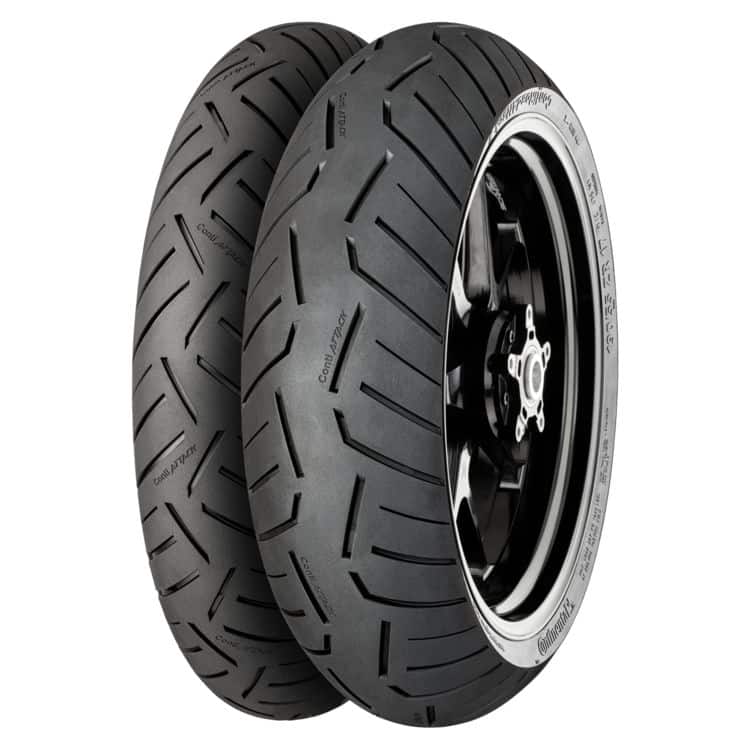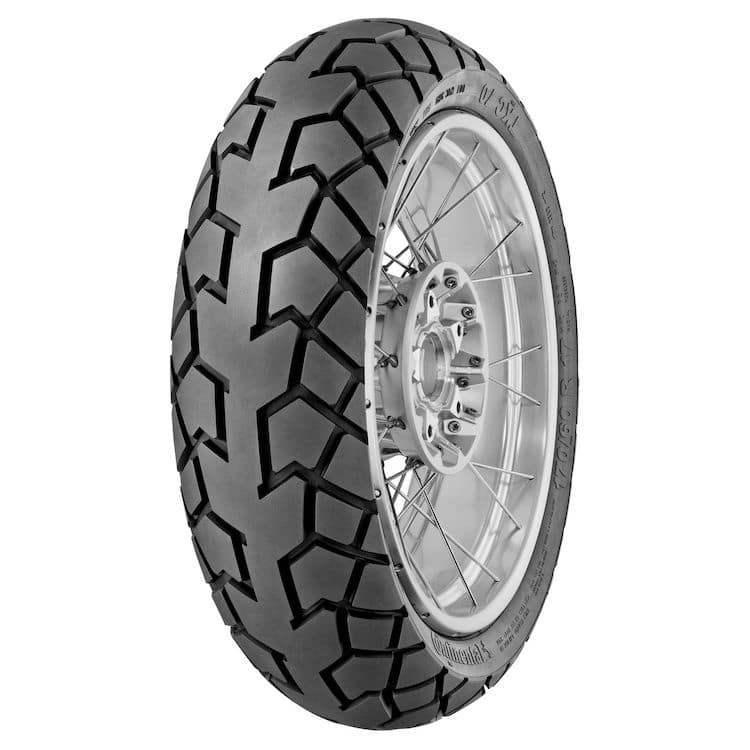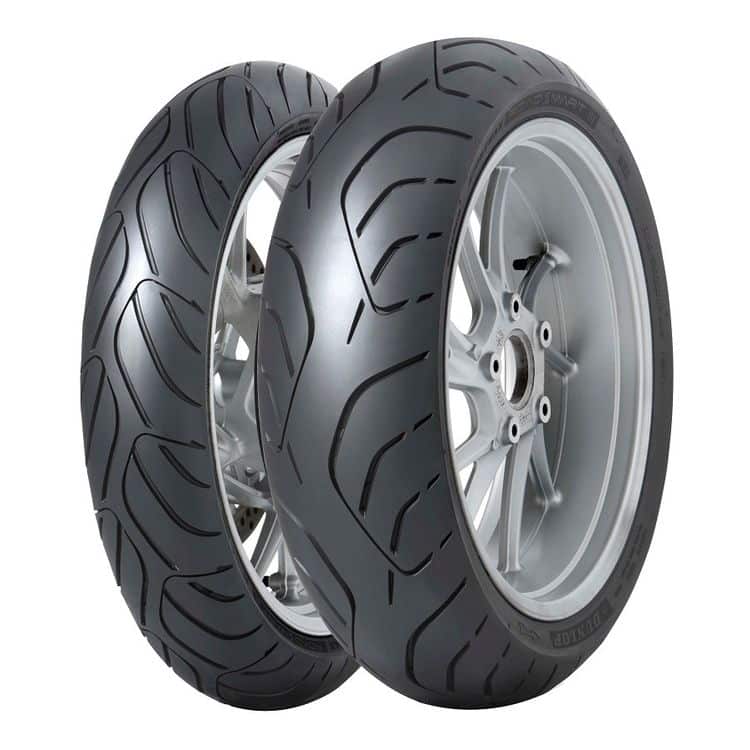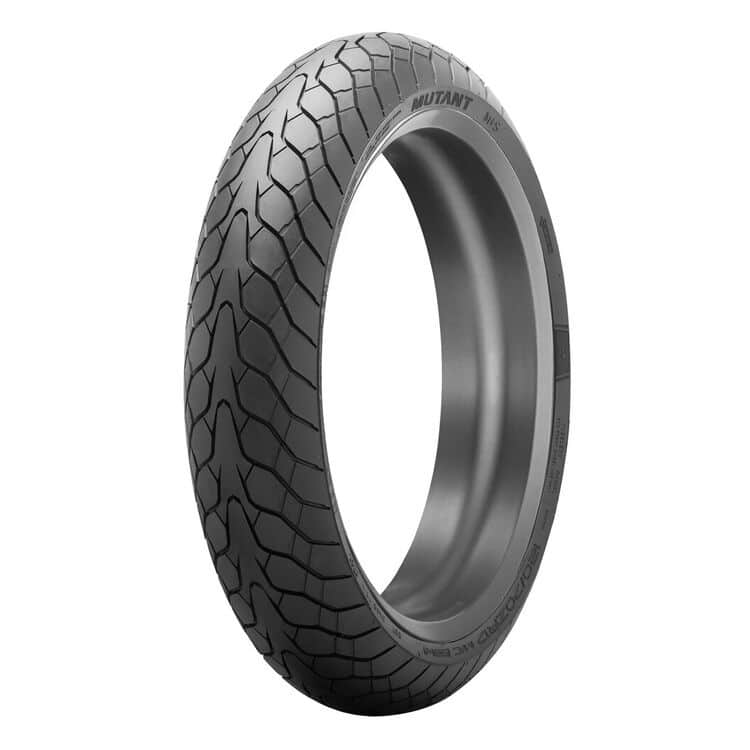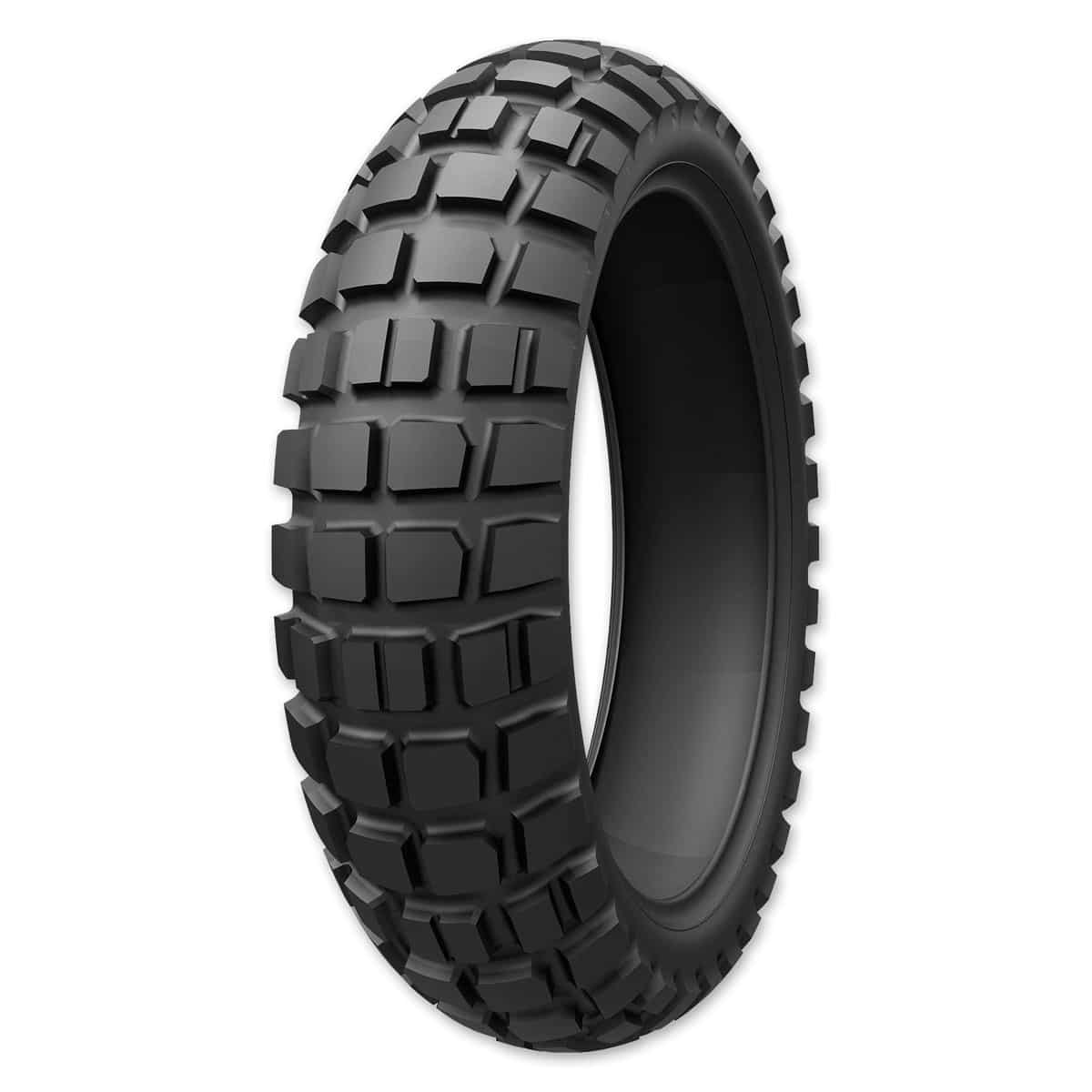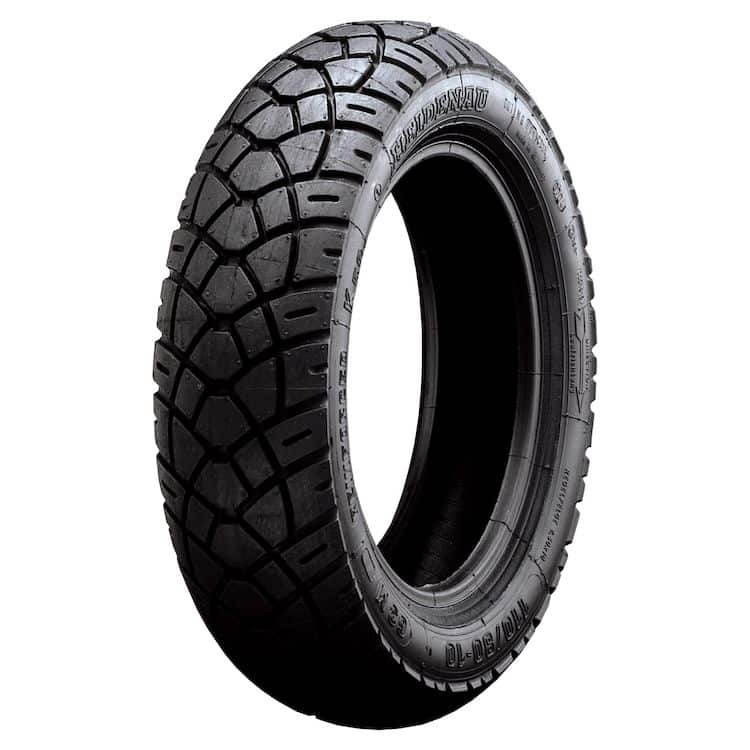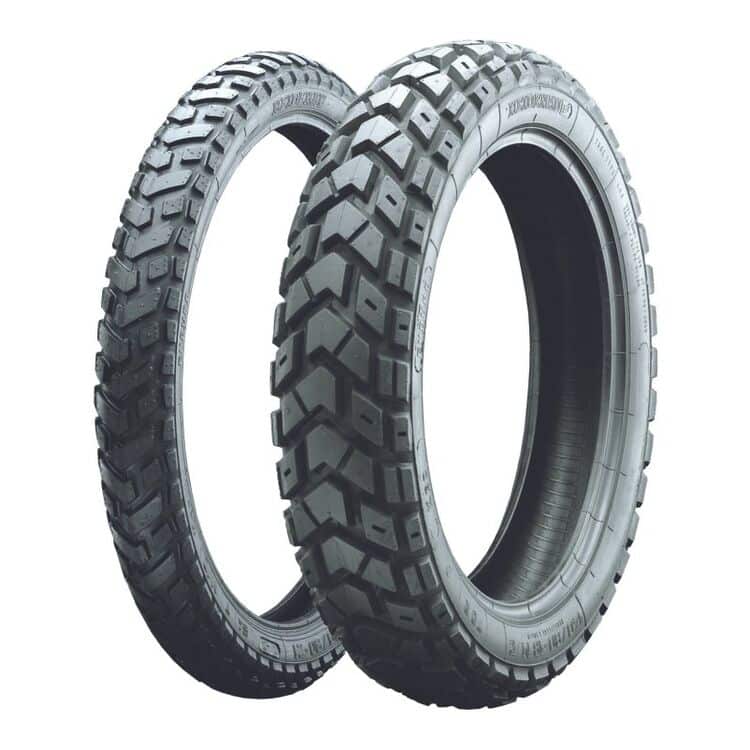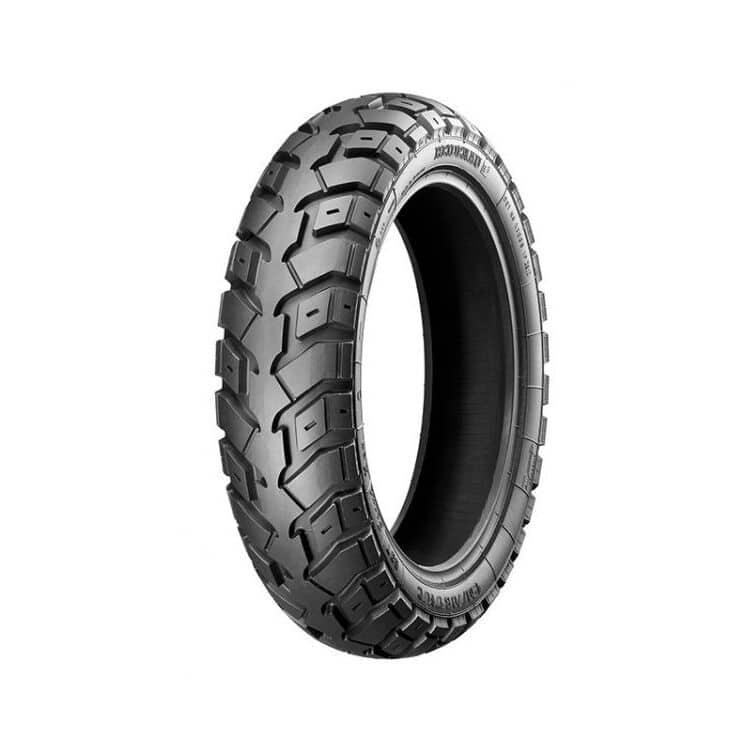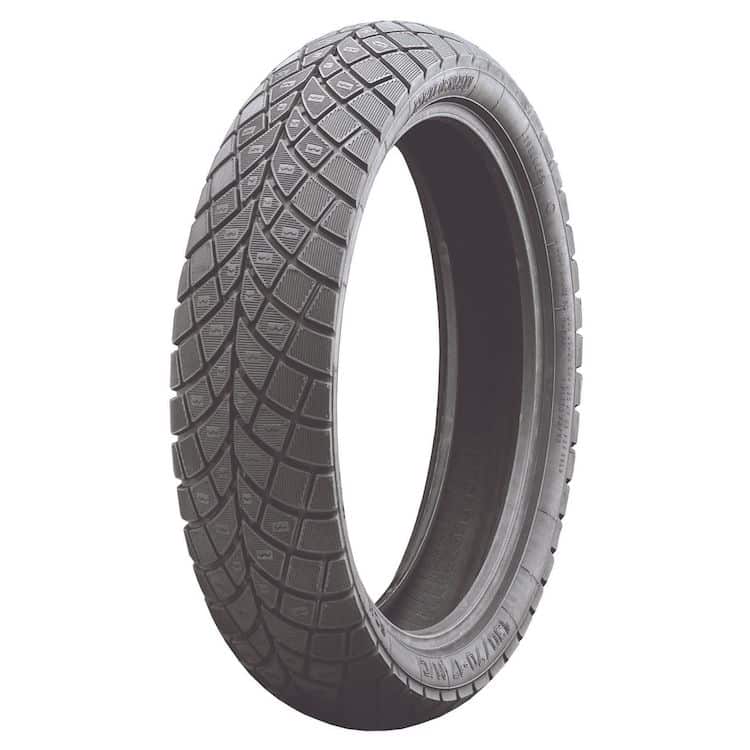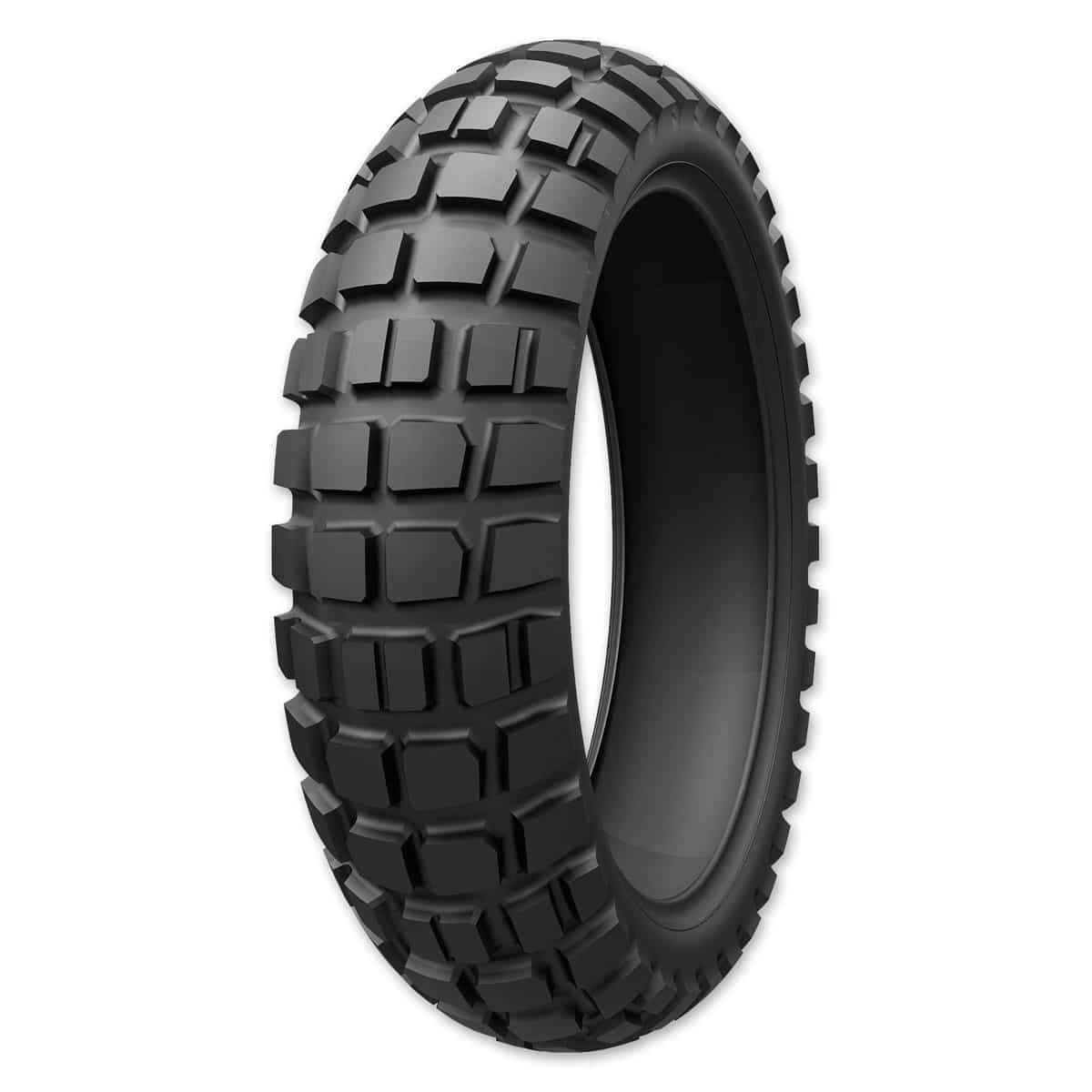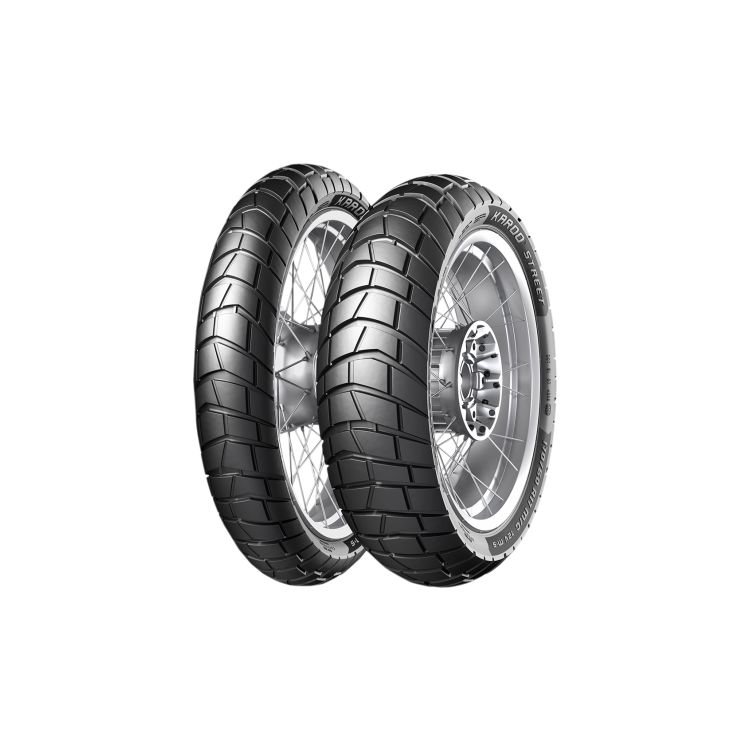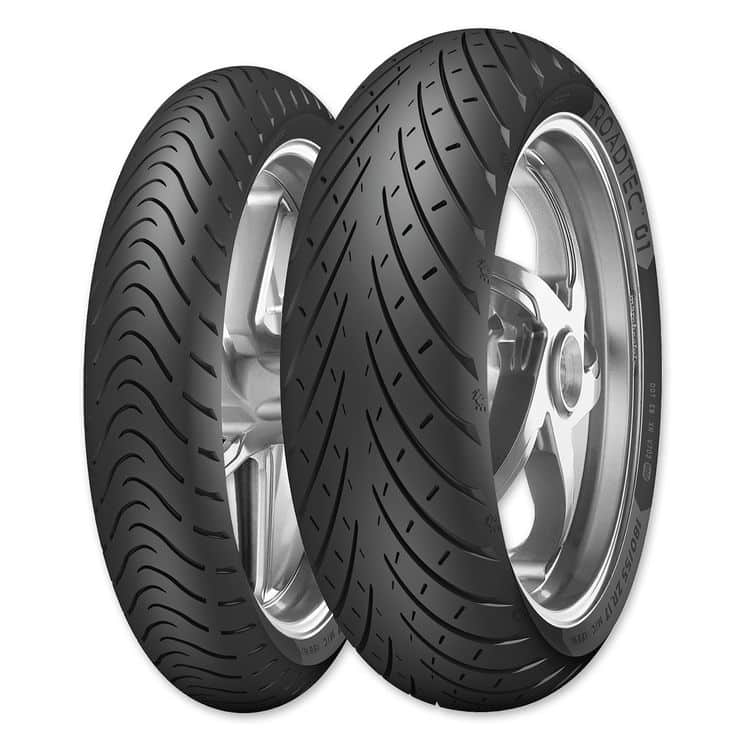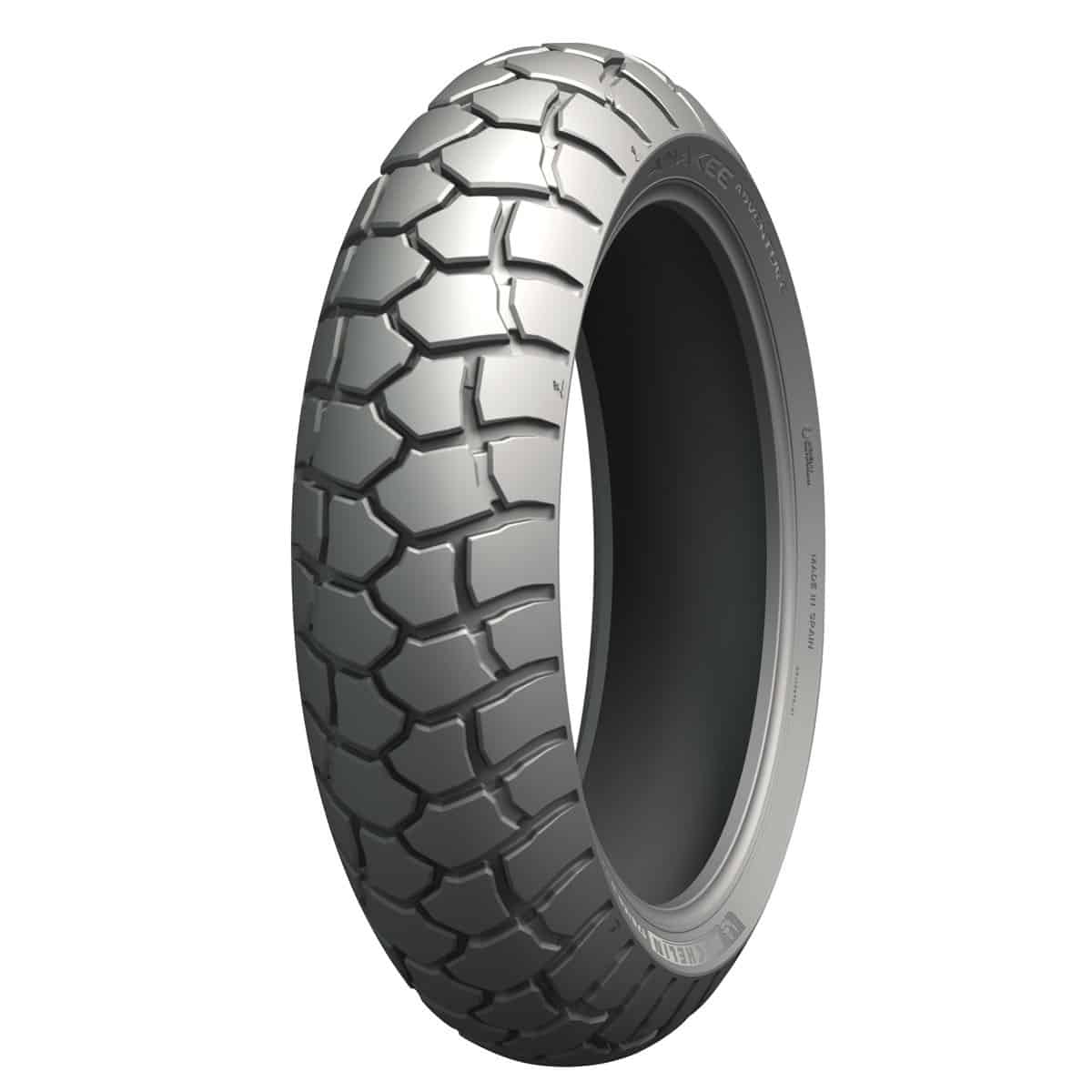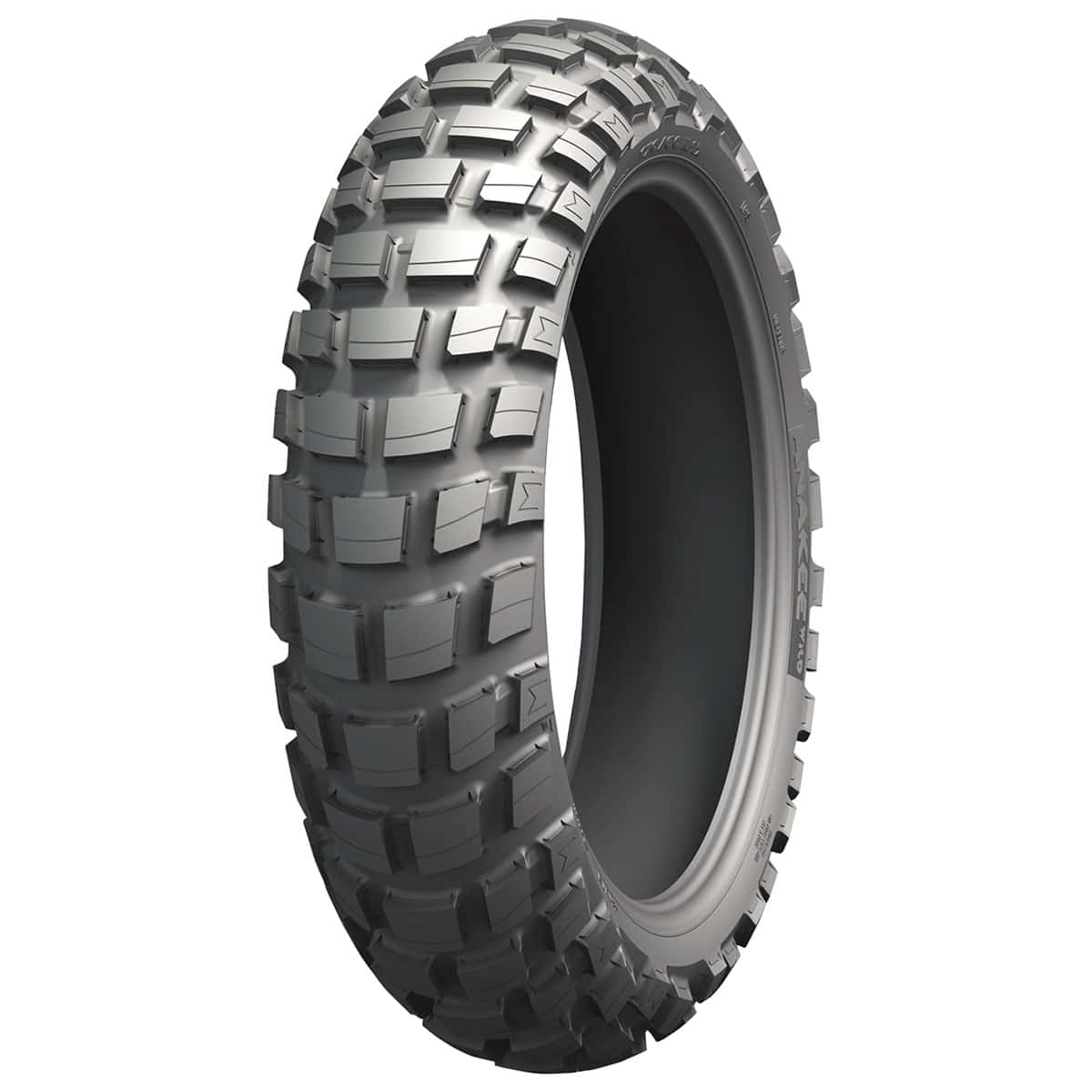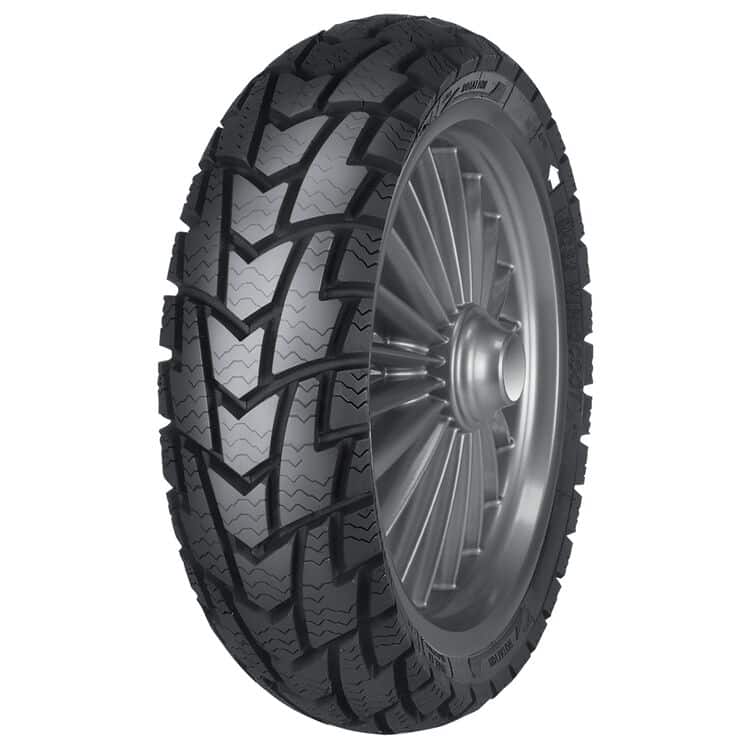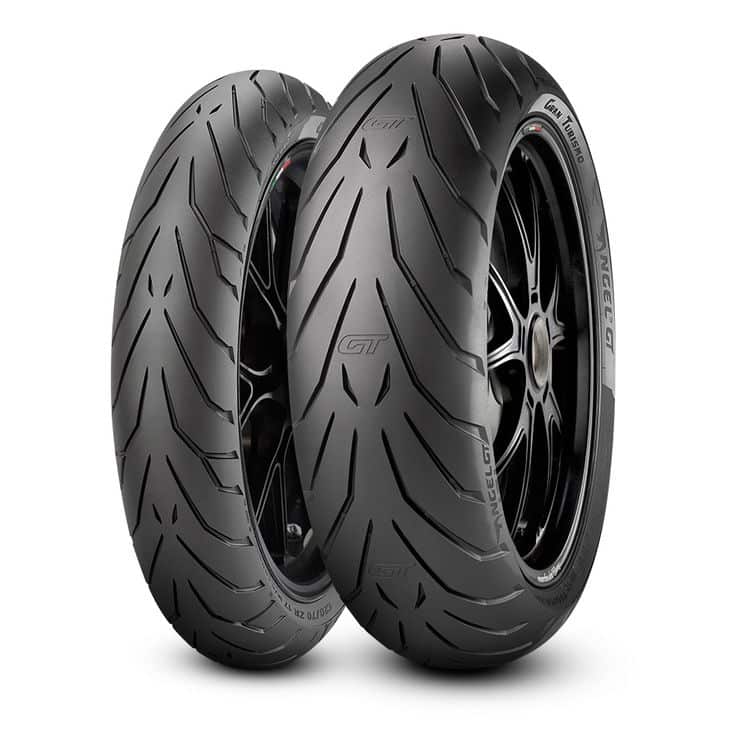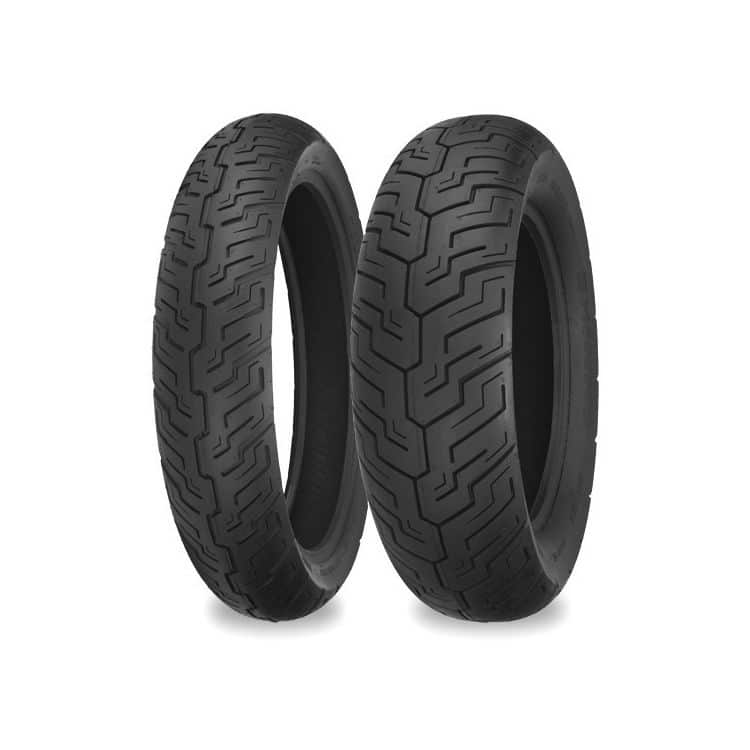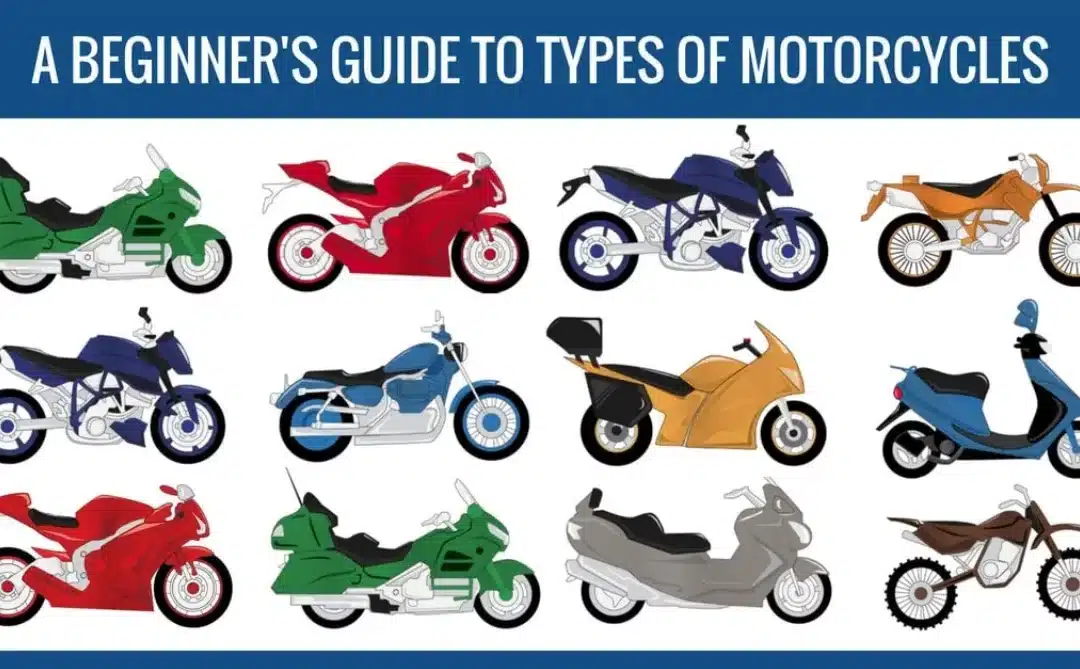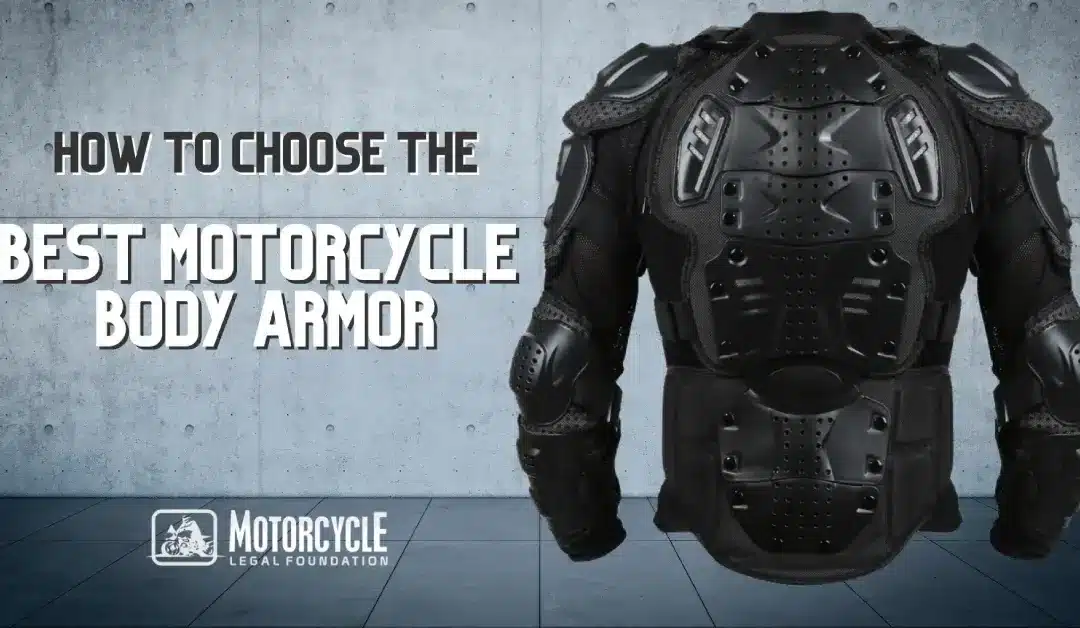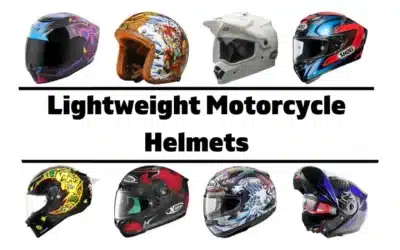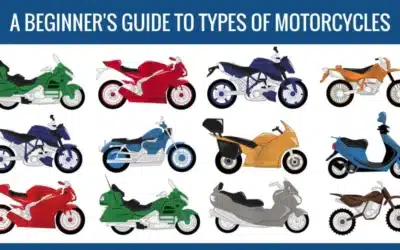When it comes to riding a motorcycle in the winter, having the right tires can make all the difference. The cold weather and slippery road conditions can be challenging for even the most experienced rider, so it’s important to make sure your motorcycle is equipped with tires that can handle the harsh conditions. In this article, we’ll take a look at some of the best motorcycle tires for winter riding. Whether you’re commuting to work or taking a long trip through the mountains, these tires will help you stay safe and in control on the road.
Motorcycle Tires vs. Car Tires
Even the hardiest of riders, for whom cold temperatures are no deterrent to taking their motorbikes out for winter ride, have second thoughts about riding in snow and ice. Motorcycle winter tires may be just the thing you need to extend your riding season.
Car tires specifically designed and made for use in cold and wintry weather conditions have been available for decades particularly in areas of the country where heavy snowfalls and icy roads are common during winter months. In contrast, motorcycle owners have generally been limited in their choice to all-season tires designed for use in the cold weather on wet roads, slush-covered roads or when encountering muddy conditions, such as when riding on trails or on dirt roads.
We’ve done some research to find motorcycle winter tires that can improve the control and stability that you need when riding during typical winter weather. One of the difficulties in finding a tire for use when riding a motorcycle is that tire makers focus on making snow tires for cars, SUVs and other types of motor vehicles more than motorcycles.
Although the selection of snow tires specifically designed for motorcycles may be more limited, there are still options available in the form of winter tires and all-season tires that can improve your riding experience during the colder months. Our recommendations can assist you in selecting a tire that allows you to extend your riding season.
Motorcycles and Snow
You probably already realize that just as the jacket, gloves and other gear that you wear at other times of the year may not keep you warm enough when riding during the cold temperatures of winter, the tires that keep you going in the summer may not be suitable for the winter. Just as there is specialized gear to wear in the winter, manufacturers have winter tires for motorcycle riding that perform differently than the tires you may now have on your motorbike.
Tire manufacturers use different rubber compounds to make winter tires than the ones used to make the tires you ride on during the summer. The rubber generally used in tires typically delivers optimal grip and performance when they are warm. The rubber compounds used for winter tires have been developed to perform well at lower operating temperatures than the compounds used for summer or warm-weather tires to improve performance and motorcycle safety.
Another difference between the typical tire that comes mounted on a motorcycle when you take delivery and a winter tire is the design of the tread. By redesigning the tread of the standard motorcycle tire, manufacturers were able to create an all-season tire that delivered better traction in mud, snow and wet-road conditions.
By taking the tread design beyond the all-season tire, manufacturers came up with a tire specifically made for snow conditions. A tire made specifically for snow and mud conditions will have the “M/S” or “M&S” code on the sidewall. M&S tires must meet the tread requirements developed for use in snow and mud that were established by the U.S. Tire Manufacturers Association.
At this point you may be wondering whether you really need to switch to all-season or winter tires. The following are a few of the challenges you face when you decide to continue riding instead of winterizing your motorcycle and storing it:
- Frigid temperatures take a toll on your tires. Contraction due to below freezing temperatures and expansion as the temperatures rise or the tires warm up when riding can cause the rubber to wear out faster than usual.
- Winter riding conditions require you to be more focused and exercise greater care than at other times of the year. A wet patch of asphalt that you would ride over without a worry in July could be a patch of black ice in January that causes you to lose control and crash.
- Ice, snow, and potholes are common winter hazards that may cause you to shift from scanning the road ahead to focusing on the road surface immediately in front of you. Focusing your vision on what is close to your motorcycle prevents you from spotting hazards soon enough to take the action needed to avoid them.
- Cold tires are rigid and lack the flexibility needed to grip the road, which is essential to maintaining control when navigating through curves or when making quick stops. The rubber of winter tires responds better in frigid temperatures.
- Cold weather causes tire pressure to change. Tire pressure may be lower in cold weather, so you need to check it with a tire gauge more often than you may do during other times of the year. An underinflated tire makes a motorcycle less stable.
Of course, motorcycle snow tires and all-season tires have tread designed to increase traction. This is essential when you run into an unexpected snow storm or a dirt road that has turned into a muddy mess.
Motorcycle Winter Tires: Our Picks
Before diving into our choices for motorcycle winter tires, keep in mind that riding through a blizzard or immediately after a heavy snowfall before the roads have been plowed and sanded is not something that we recommend doing no matter what type of motorcycle you ride or the brand or type of tires that are mounted on your wheels. All-season tires, and even tires rated for snow and mud, have their limitations particularly when operated on an ice-covered roadway.
Checking the weather forecast before riding is a good habit at any time of the year, but it is essential during the winter months in order to avoid riding into a snowstorm or on roads covered with ice thanks to frigid overnight temperatures. It may be better to wait a few hours to let snowplows or the warmth of the sun make the roads safer for travelers rather than risk riding in deep snow or on ice.
The following are our recommendations for motorcycle winter tires:

